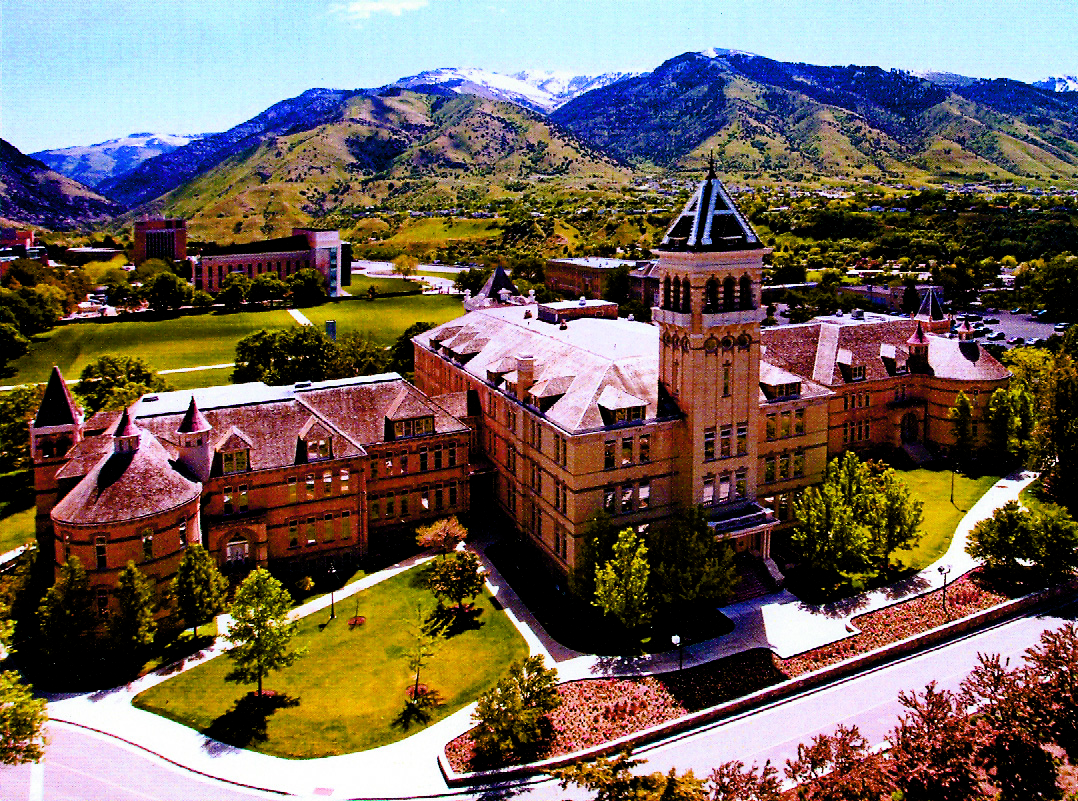Is there a stigma against being LDS in academia?
Academia. It’s intellectual, competitive, liberal and secular. It’s also a fountain of discovery, pouring knowledge into the skulls of millions of college students nationwide. But what sorts of challenges might professors face if their personal beliefs aren’t up to par with their colleagues?
In an age where secularism is so pervasive and religion is heavily laden with social stigma, do professors find themselves needing to downplay their religious identity in order to stay relevant amongst their scholarly peers?
The question worth asking is: do professors face criticism for being members of the Church of Jesus Christ of Latter-Day Saints? Even in Utah, wherein well over half of the state’s residents are members of the iconic church that dominates Utahn customs and culture?
Utah State University professor of mathematics Lawrence Cannon, a latter-day saint raised in Cache Valley claims quite the contrary.
“I’ve not experienced any discrimination myself, nor have I observed any among my acquaintances in the faculty,” he says.
Russ Winn, a Utah State University English professor and former Mormon from Idaho agrees that especially in Cache Valley wherein being a member of the Church means you’re in the majority, one isn’t likely to run into discrimination in academia or elsewhere in professionalism. “Many employers in Cache Valley give some small preference to LDS members, and admitting you’re a member makes them feel that you’re a safe choice” he says.
However, venture elsewhere as a Latter-day Saint with a PhD and you might not be as fortunate. Not because of mistreatment necessarily, but because others’ confusion is often mistaken for offense; curiosity is often mistaken for attack.
Mike Christiansen, an assistant music professor at USU, says, “Like most people I’ve encountered in my professional life at USU and elsewhere, my non-LDS colleagues are… sometimes curious about our religion and culture, but feel a little nervous asking questions about it. I always disarm them right out of the gate by saying: ‘Hey, if you ever have any questions about my church or beliefs, no matter what they are, you can ask.’”
As in all social circles, professors agree it is wise to answer questions with openness, and refrain from being arrogant enough to think that the person has some insincere, ulterior motive. More often than not, the person in question is truly seeking to understand this peculiar religion born just 200 years ago.
“Almost all of the response from non LDS colleagues is surprise at or unfamiliarity with some types of religious behavior rather than negativity” says Winn.
While Cannon admits that a colleague of his was declined a teaching position on the east coast largely, he believes, due to the fact that he was a Latter-day Saint, “it is certainly true that religious preferences in no way affect departmental decisions (at Utah State),” he says.
This is probably in part due to the massive population of Latter-day saints in Cache Valley, but also simply because discrimination these days is less common in such learned, academic arenas.
“It isn’t that their religion, LDS or otherwise, is invalid, it’s simply that not everyone shares it and academia is, at its core, about thoughtful discourse for everyone,” says Winn. “No one is a villain, and no one seeks to alienate or belittle others on purpose in an environment like this. Once we start to understand where differing arguments and opinions come from we gain respect for them.”
Christianson reinforces this. Born and raised Mormon, a returned missionary and active in his ward congregation, Christiansen says, “For me, teaching isn’t just what I do. It’s who I am… I invariably mention funny stories from my mission or some other aspect of my upbringing, if they apply to a particular subject. I’ve never had a negative response from students or colleagues, because I always stick to anecdotes that are funny, instead of ones that are preachy or evangelistic in nature.”
Christiansen proves that while professors may have varying opinions on how much information is professional to share, the reasons for not sharing one’s religious orientation are going to be rooted in privacy, not in avoiding discrimination.
Cannon’s words sum it up best. “My experience suggests that there is less bias in academia against those of differing positions in religion or politics or anything else than in many other sections of society,” he says.
@viviangates29


EDIT: Mike Christiansen is a professor of biochemistry and chemistry at Utah State. While there is a Mike Christiansen teaching music at Utah State, the Mike quoted in this article teaches chemistry.